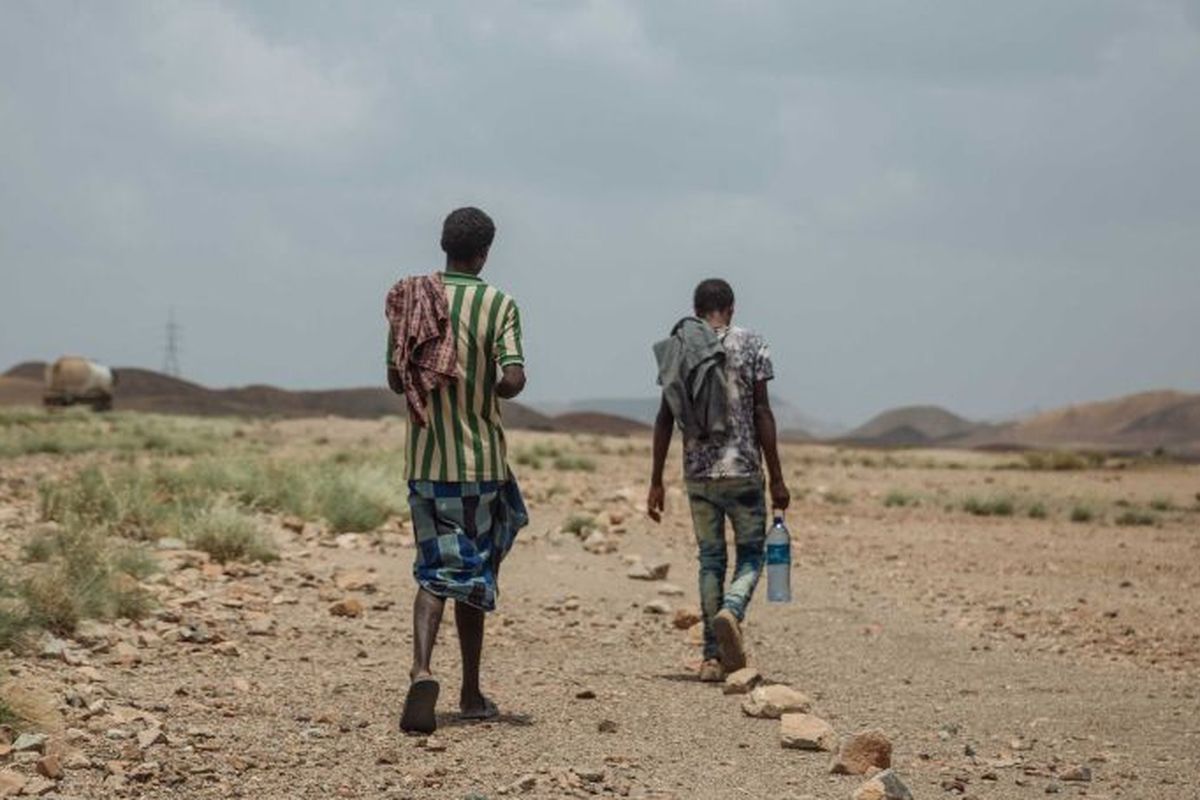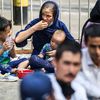Ex-Smugglers Find Few Benefits of EU Funds to Curb African Migration

"Again and again with these EU migration-related projects, the top line is about stopping migration to Europe, and they become blind to the problems along the way," said Raphael Shilhav, EU migration policy advisor at anti-poverty charity Oxfam International.
Poorer than before
Without a way to support his wife and two children, Chani said he agreed to transport a truckload of drugs from Agadez to the town of Ingal, 150 kilometers (93 miles) to the west.
He said he did not know what drugs he was carrying and quit when he didn't get paid for his first run.
Another former trafficker, Moussa Ditresta, said he became a motorcycle taxi driver with help from the European program but made too little to provide for his seven children. So he returned to smuggling migrants.
"I need to feed my children," he said, as he waited to transport migrants arriving by bus from Ghana and Burkina Faso to a smuggler’s compound.
Until 2016, Ahmed Mohammed ran one such compound in Agadez, a job he said allowed him to pay his wife's family a belated bride price: a suitcase filled with cash, clothes and gold.
Mohammed said he submitted three business proposals in 2017, two of which were rejected as too costly. On his third try, he said, he was offered rice and cooking oil worth 1.5 million CFA francs ($2,706) to sell. But he said the rice — provided through a local charity — was of poor quality, and he could not have sold it at market rate.
To settle the dispute, Mohammed said, the supplier gave him cash instead of the goods — 30 percent less than the value of the materials he was promised. He accepted the payment anyway, he said.
The supplier, Mahaman Garba, denied that he had paid Mohammed in cash. But he said other suppliers frequently do so, and shortchange them on the amounts.
The EU said in an email that an audit of the project carried out by Agadez authorities had "not provided any assertions of the sort presented" by Reuters regarding cash payments.
An evaluation of the EUTF by the EU Court of Auditors also found no irregularities, it said.
Mohammed said his money was gone within six weeks. He now sells used mobile phones on the streets of Agadez.
"We are angry because we have become poorer than before," Mohammed said. “It’s very dangerous to have a lot of unemployed men in a city like this.”
(Writer: Edward McAllister | Editor: Alexandra Zavis, Julie Marquis)
Simak breaking news dan berita pilihan kami langsung di ponselmu. Pilih saluran andalanmu akses berita Kompas.com WhatsApp Channel : https://www.whatsapp.com/channel/0029VaFPbedBPzjZrk13HO3D. Pastikan kamu sudah install aplikasi WhatsApp ya.

































